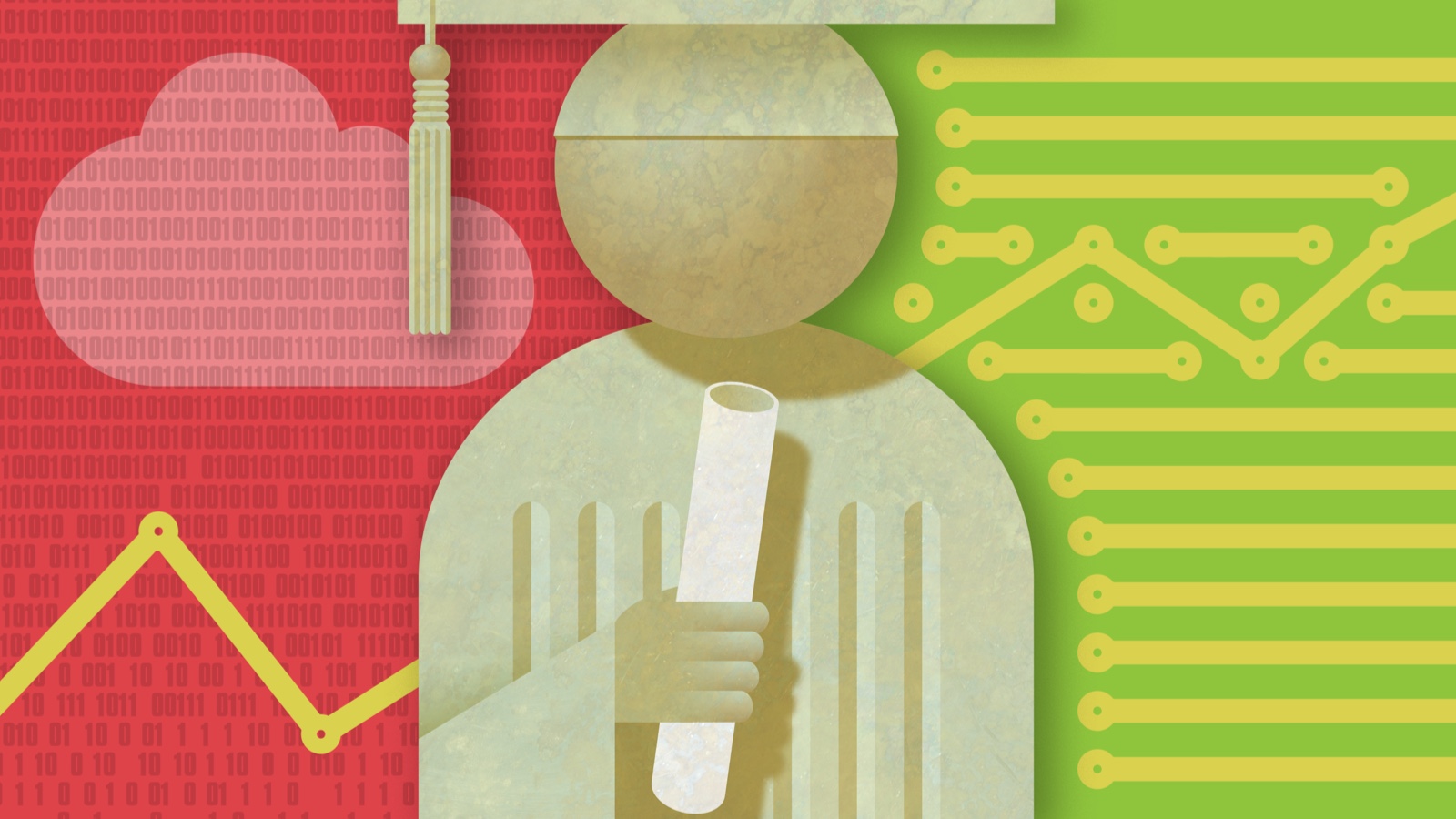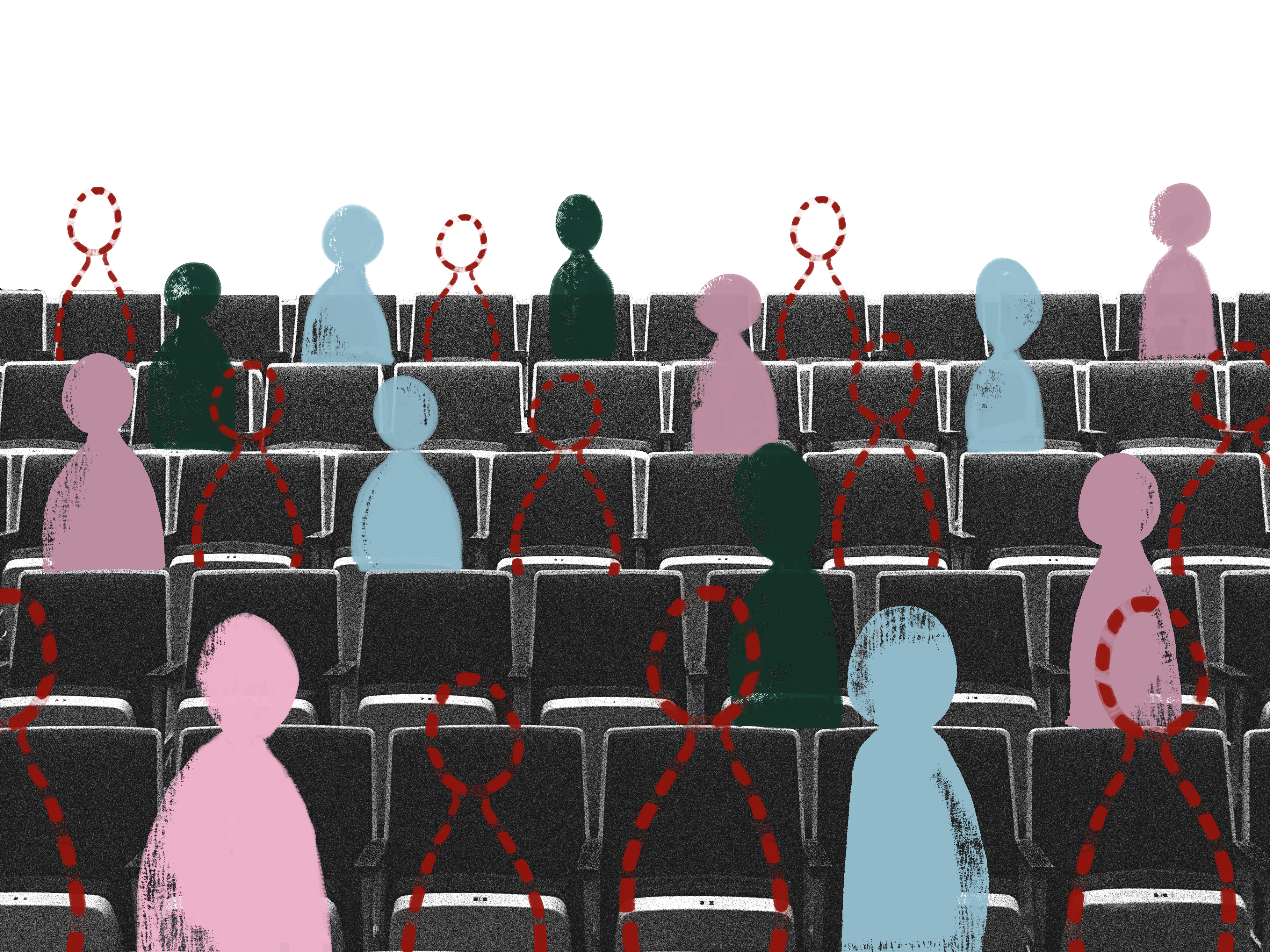In an effort to address the growing concern over the rising cost of college education, the House Education chair has recently unveiled a groundbreaking bill aimed at making higher education more affordable and accessible to all. This proposed legislation comes at a time when students and families are grappling with the burden of skyrocketing tuition fees and mounting student loan debt. By implementing strategic measures to lower costs and expand opportunities, the bill seeks to revolutionize the landscape of college education in the United States.

The Current State of College Education
Rising Tuition Fees
Over the past few decades, the cost of attending college has increased at an alarming rate. According to recent reports, the average tuition and fees at public four-year institutions have more than doubled since the 1990s, even after adjusting for inflation1. This upward trend in tuition costs has placed a significant financial strain on students and their families, often forcing them to take on substantial loans to fund their education.
Student Loan Debt Crisis
The exorbitant cost of college education has led to a student loan debt crisis in the United States. As of 2021, the total student loan debt surpassed a staggering $1.7 trillion, affecting millions of individuals and hindering their financial stability and future prospects2. This burden of debt not only impacts graduates’ ability to purchase homes, start businesses, or save for retirement but also restricts their career choices and mobility.
The Proposed Bill: Lowering Costs and Expanding Access
Affordability Measures
The bill presented by the House Education chair aims to tackle the issue of affordability head-on. It proposes a range of measures to reduce the financial burden on students and families, making college education more accessible to all.
- Tuition Reduction Initiatives: The bill advocates for the implementation of tuition reduction initiatives, encouraging colleges and universities to lower their tuition fees. By incentivizing institutions to prioritize affordability, the bill seeks to alleviate the financial strain on students and make college education more attainable.
- Increased Funding for Grants and Scholarships: Recognizing the importance of financial aid in ensuring access to higher education, the bill proposes an increase in funding for grants and scholarships. This would provide students with more opportunities to receive financial assistance, reducing the need for excessive borrowing.
- Expanding Work-Study Programs: The bill also focuses on expanding work-study programs, enabling students to earn income while gaining valuable professional experience. By increasing the availability and scope of these programs, students can offset their educational expenses and develop essential skills simultaneously.
Innovation and Technology Integration
In addition to addressing the cost of college education, the proposed bill also acknowledges the role of innovation and technology in transforming the learning experience and expanding access to educational resources.
- Online and Hybrid Learning: The bill encourages colleges and universities to embrace online and hybrid learning models, providing students with flexible options to pursue their education. By leveraging technology, institutions can reduce overhead costs and reach a wider audience, thus potentially lowering tuition fees.
- Open Educational Resources: The bill promotes the utilization of open educational resources (OER) to reduce the cost of textbooks and course materials. OER, which are freely accessible and openly licensed resources, can significantly alleviate the financial burden on students, ensuring that learning materials are affordable and widely available.

Streamlining Transfer Credits
Transferring credits between institutions has historically been a complex and time-consuming process, hindering students’ ability to pursue their education seamlessly. The proposed bill aims to streamline the transfer credit process, making it more efficient and transparent.
- Credit Transfer Agreements: The bill encourages colleges and universities to establish credit transfer agreements, ensuring that students’ previously earned credits are recognized and accepted. This would enable students to progress smoothly in their educational journey, minimizing the need for additional coursework and reducing overall costs.
- Standardized Transfer Policies: To further simplify the transfer credit process, the bill proposes the development of standardized transfer policies. These policies would outline clear guidelines for credit transfer, ensuring consistency across institutions and facilitating easier transitions for students.
Career-Readiness Programs
Recognizing the importance of equipping students with the necessary skills for the job market, the proposed bill emphasizes the integration of career-readiness programs into college curricula.
- Internship and Apprenticeship Opportunities: The bill encourages colleges and universities to establish partnerships with local businesses and organizations to offer internship and apprenticeship opportunities. These experiential learning opportunities can enhance students’ employability and provide valuable real-world experience.
- Career Counseling and Guidance: The bill also highlights the significance of comprehensive career counseling and guidance services. By providing students with access to resources and support, colleges can better assist them in identifying career paths, setting goals, and making informed decisions about their education.
Accountability and Transparency
To ensure the effectiveness of the proposed measures and safeguard students’ interests, the bill emphasizes the importance of accountability and transparency in the higher education system.
- Financial Aid Counseling: The bill calls for enhanced financial aid counseling to help students make informed decisions about their borrowing options and understand the long-term implications of student loans. By providing comprehensive information and guidance, students can better navigate the complexities of financing their education.
- College Cost Transparency: The bill also emphasizes the need for increased transparency regarding college costs and outcomes. By requiring institutions to provide clear and accessible information on tuition fees, graduation rates, post-graduation employment rates, and student loan default rates, students can make more informed choices about their educational investment.
The Path Forward: A More Affordable and Accessible Higher Education
As the proposed bill makes its way through the legislative process, its potential impact on the future of college education in the United States is promising. By addressing the pressing issue of affordability and expanding access through innovative measures, the bill aims to create a more equitable and inclusive higher education system. However, the success of these initiatives ultimately relies on collaboration between policymakers, educational institutions, and other stakeholders. Through collective efforts, we can work towards a future where the cost of college education is no longer a barrier to success and where all individuals have the opportunity to pursue their educational aspirations.
